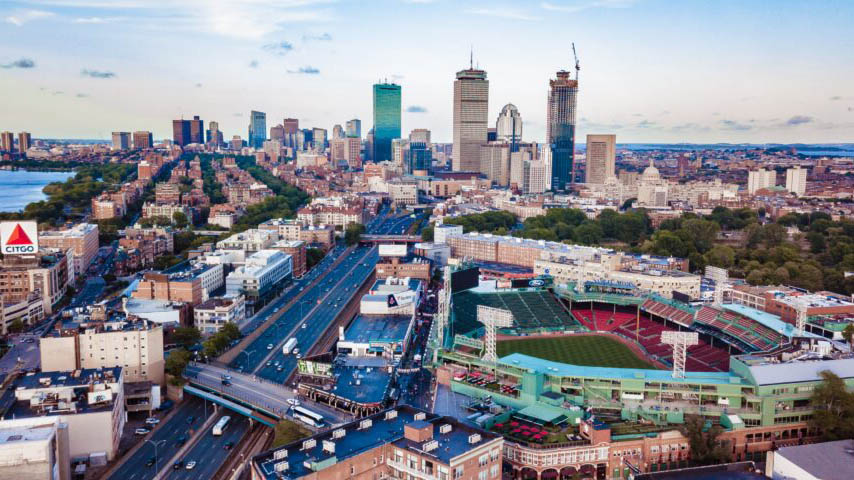Risks of a decline in economic growth, not to mention a recession, are clear. Growth in China has already slowed to its lowest pace in nearly 30 years. In the U.S., job growth unexpected stalled in February. The European Central Bank has sharply downgraded growth prospects in the Eurozone. And the International Monetary Fund is cutting forecasts of economic growth. Brexit, and trade tensions between the U.S. and China, have injected unnecessary uncertainty into the world economy. Stock market volatility has also risen sharply in the past year.
Expectations and confidence are hugely important to investment plans of businesses, large and small. If people slow spending — as consumers or as business executives — in expectation of a recession, then a recession becomes more likely. Stock market performance effects perceptions of wealth among angel investors and allocations to venture capital among limited partners.
But what does an economic slowdown mean to an already-funded startup? Longer sales cycles (particular for B2B startups), lower revenue, and so higher-than-projected burn rates if expenses aren’t managed appropriately.
Rick Grinnellis a founder and Managing Partner of Glasswing Ventures, a Boston-based VC firm specializing in early-stage AI and frontier technology companies. Rick has served on the boards of companies including EqualLogic (acquired by Dell), Prelert (acquired by Elastic), Pwnie Express, Resilient Systems (acquired by IBM), Trackvia, VeloBit (acquired by Western Digital), Allure Security, Armored Things, NormShield and Terbium Labs.

Q. Rick, are you considering the possibility of a recession in 2019 or 2020?
A. Since 1992, we have seen down cycles every eight years, due to various factors – 2000, 2008, 2016? Hmm, that one didn’t happen, and we are still waiting for the next “eight-year” down cycle. But smart investors know that there will come a time in the somewhat near future (Next year? After the next election?) when we will have another downturn, but hopefully not anywhere as deep as ’08.
Q. Many younger entrepreneurs have never have managed a startup during a recession. What are you saying to them about the need to prepare?
A. Companies must create cash forecasts and runways that allow for at least 18 months of survival, even with revenues not reaching original management goals. This is smart planning. Larger amounts are required for companies that are a bigger “swing”, requiring more capital to get to major milestones or have longer development cycles.
And companies should be looking at ways to add expenses that are more dynamically pared-down in down markets — contractors vs employees, etc.
Q. How much capital should startups secure while the fundraising environment is still good?
A. We have always loaded our companies with at least 18 months of capital. That’s a requirement when we first invest, and for follow-ons.
# # #



